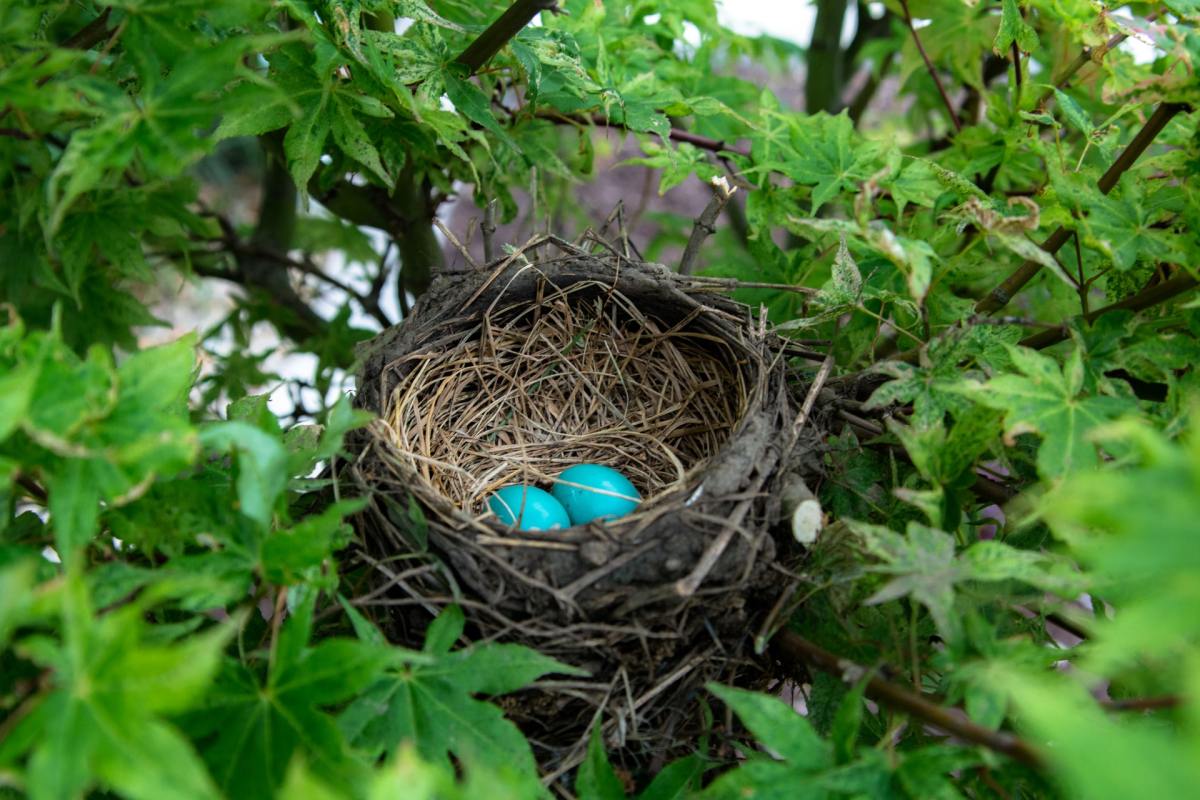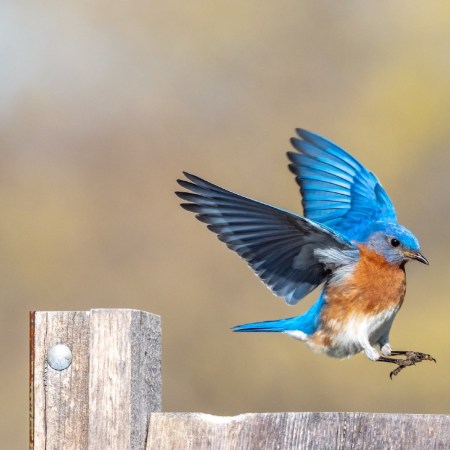To the ever-growing list of things climate change has fundamentally altered in the natural world, you can now add the time of year when birds lay their eggs. Does that mean that you’ll hear the sound of birds earlier in the year than you once did? It’s entirely possible — and it’s another way in which climate change has fundamentally altered the balance of the world.
This news of literal early birds is the primary takeaway from a new report in The Washington Post, which analyzes the findings of a paper published in the Journal of Animal Ecology. Short version: scientists compared data on birds in the region around Chicago in two periods: 1880 through 1920 and 1990 through 2015.
Their conclusion? No less than 72 species were now laying their eggs a month earlier.
While this might not be as overtly alarming as some of the other signs of climate change — like, say, wildfires or flooding — it can still have a substantial impact on bird populations. The Post article cites the example of a bird born before the food it relies upon to grow is around. That could, in turn, have a detrimental effect on the species’s future.
As the authors of the study phrased it in the study’s abstract, this situation “could lead to a mismatch between nesting activities and food availability.” Hearing the sound of newborn birds chirping can signal the arrival of spring — but it can also foreshadow something alarming on the horizon.
Thanks for reading InsideHook. Sign up for our daily newsletter and be in the know.


















